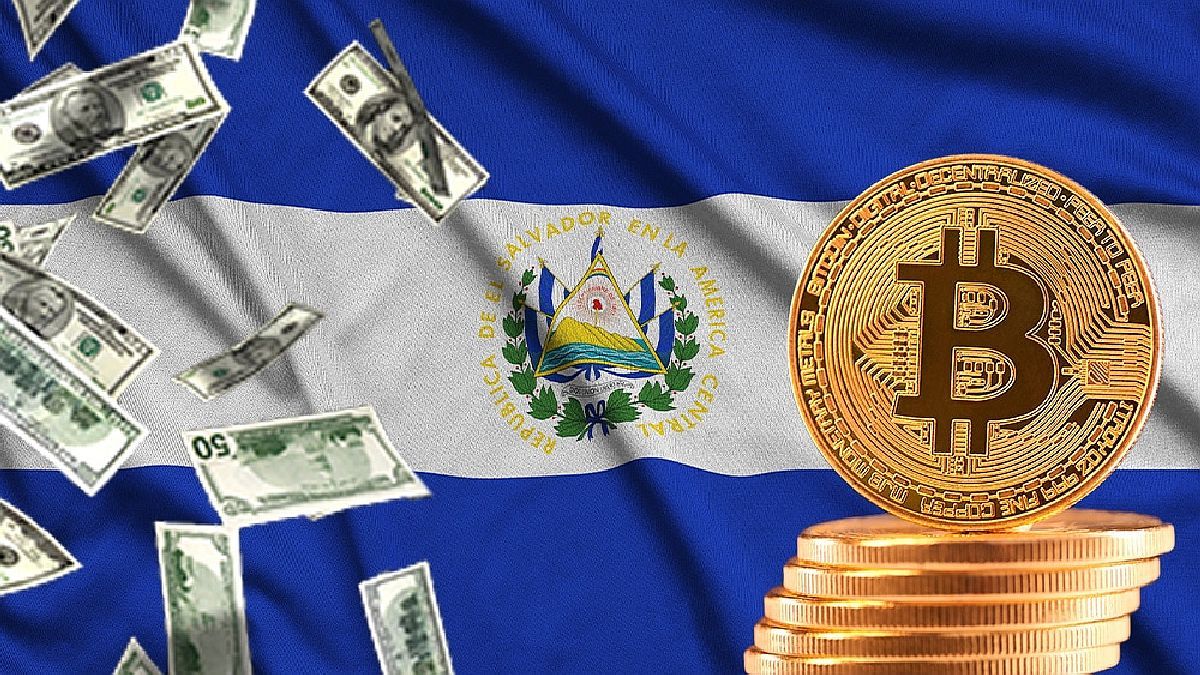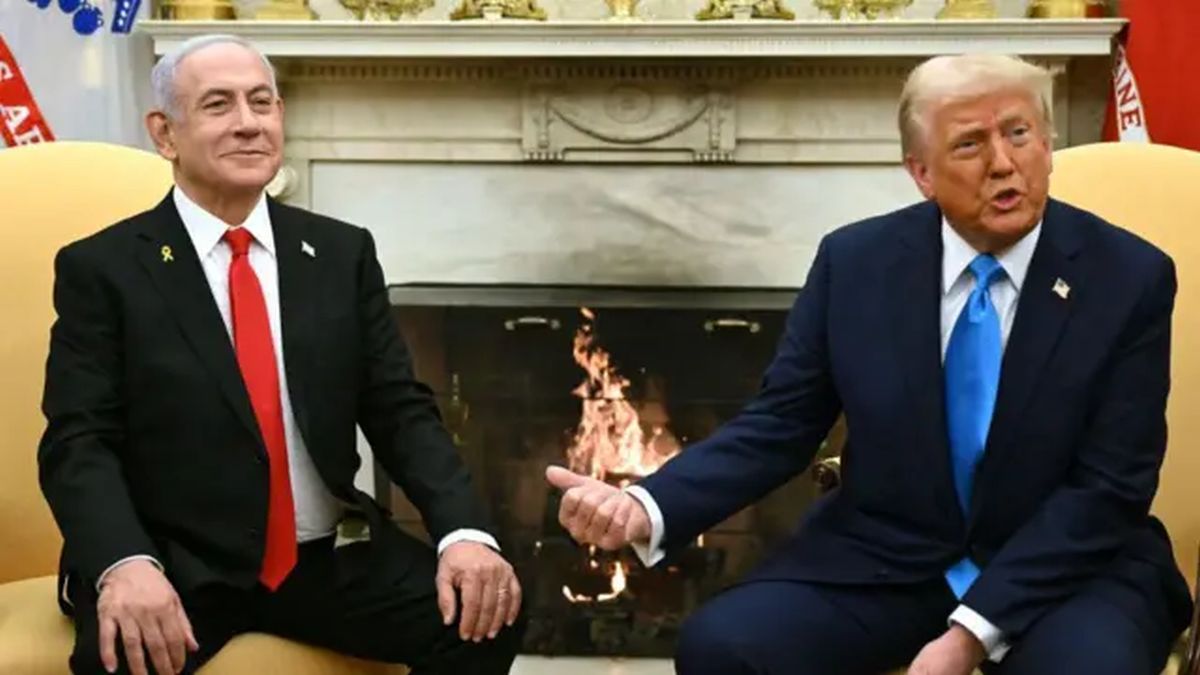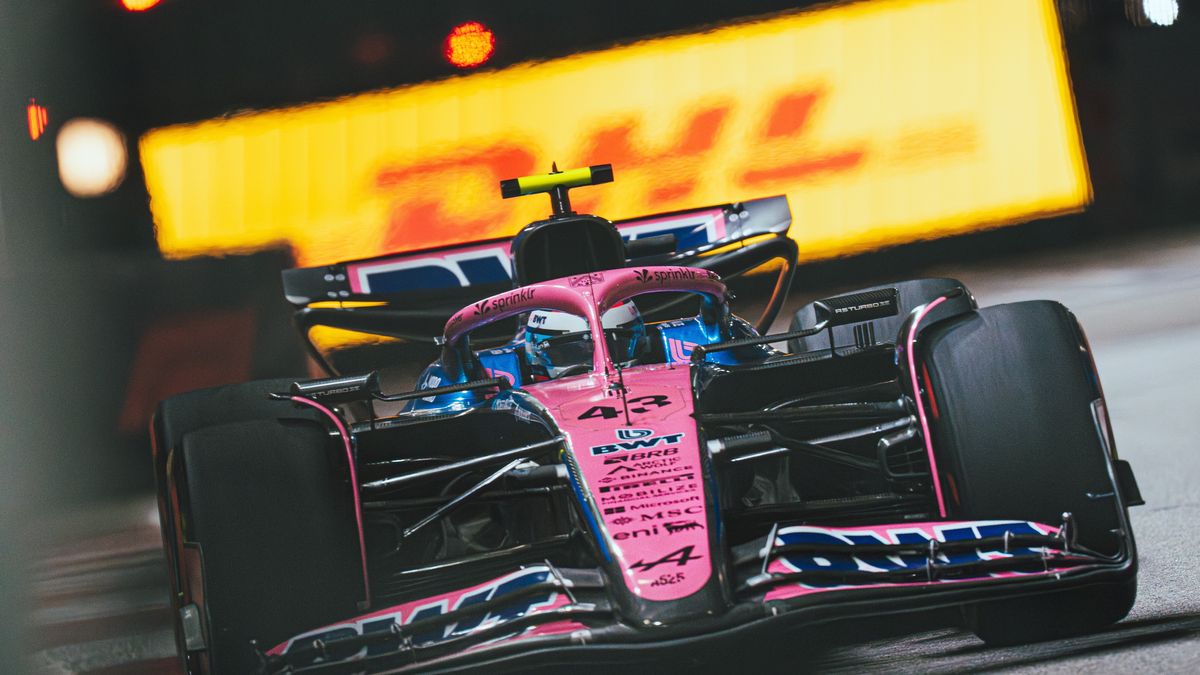In November 2021, at an international forum on bitcoin, Bukele announced that he would issue cryptocurrency debt to build “Bitcoin City,” a city in the eastern part of the country that would run on geothermal energy from the Conchagua volcano.
But last week, in its annual review of the situation in El Salvador, the International Monetary Fund (IMF) suggested caution.
“Given legal risks, fiscal fragility, and the largely speculative nature of crypto markets, authorities should reconsider their plans to broaden government exposure. [salvadoreño] to bitcoin, including the issuance of tokenized bonds,” the IMF said in a statement.
In September 2021, Bukele made El Salvador the first country in the world to adopt bitcoin as legal tender, along with the dollar, which has been in circulation since 2001.
It did so with the aim of banking 70% of the population excluded from the financial system and making it cheaper to send remittances from abroad to Salvadoran families, but the cryptocurrency has had little acceptance in the country. In 2022, El Salvador received 7,742 million dollars in remittances, but only 1.6% of the total came in bitcoin, according to the Central Reserve Bank (BCR).
In addition, the price of bitcoin plummeted: after trading at $68,000 in November 2021, it is now around $24,000.
Failed bet?
In Salvadoran commerce there are few transactions in bitcoin. “At first, out of every 20 people, 10 wanted to pay with bitcoin; now in a week there are two or three people,” Carlos Torres, who runs a cafeteria in downtown San Salvador, told AFP.
In addition, a survey by the Central American University (UCA) showed that 74% of Salvadorans did not use bitcoin in 2022.
Could volcano bonuses help?
The sale of bitcoin bonds “will depend on the interest rate” offered by the government, because the higher it is, “the more attractive it will be for those who buy,” economist Ricardo Castaneda, from the Central American Institute of Studies, told AFP. Prosecutors (Icefi).
That the bonds help build the first bitcoin city “could have a positive impact on the crypto world in general” and be taken into account “when lending the money,” he also noted.
But Acevedo warned that the bonds would come to market in a “volatile” environment. “At least this whole year, I don’t see that it will be possible to stimulate a favorable situation to issue” debt, he said.
Meanwhile, Lemus maintained that El Salvador’s fiscal situation “is unsustainable”, with a public debt that is equivalent to 80% of GDP, for which reason “buying volcano bonds is a speculative bet (and) you practically have to find sleeping millionaires.” .
Bukele allocated 107 million dollars to the purchase of bitcoin from September 2021 to October 2022. On November 17, he announced that he would buy one bitcoin per day, without specifying for how long.
In line with the president, the Salvadoran ambassador in Washington, Milena Mayorga, was optimistic that “big companies” will buy the bonds.
“We were in Europe talking with potential buyers and I think that this is going to be important for President Bukele’s plans,” the diplomat told the Salvadoran state channel 10.
Source: Ambito
I am a 24-year-old writer and journalist who has been working in the news industry for the past two years. I write primarily about market news, so if you’re looking for insights into what’s going on in the stock market or economic indicators, you’ve come to the right place. I also dabble in writing articles on lifestyle trends and pop culture news.




